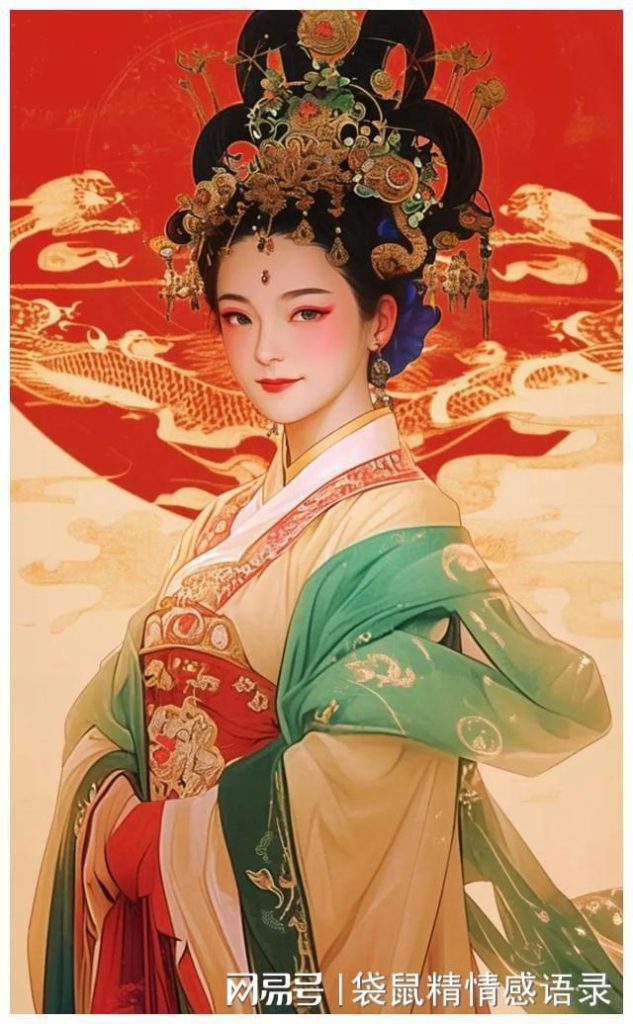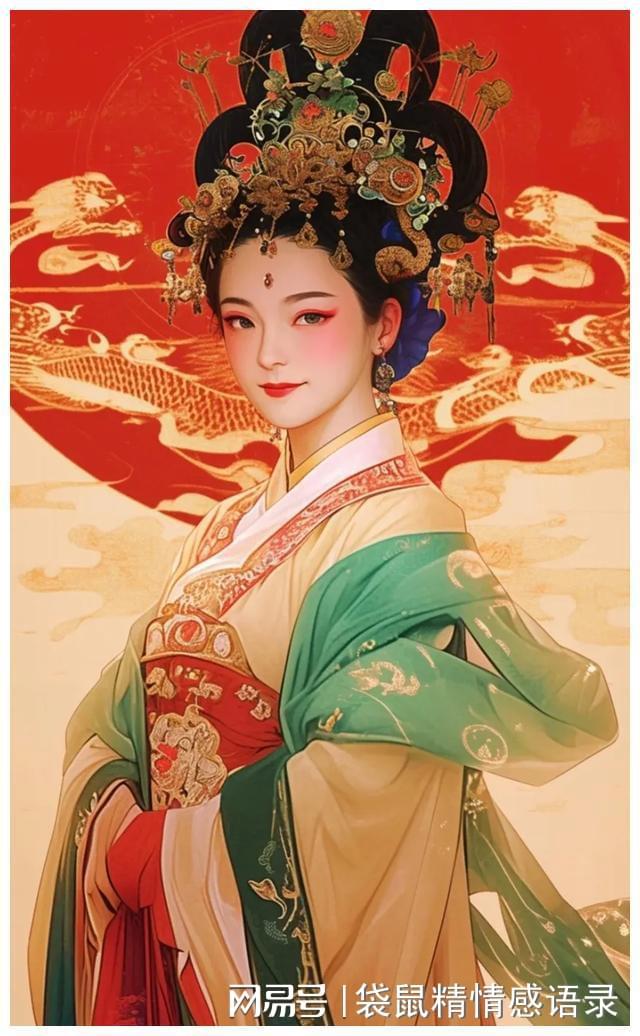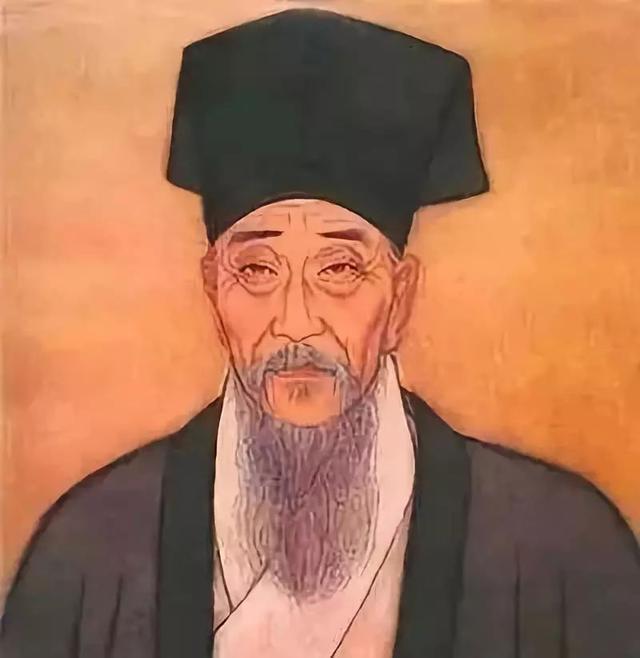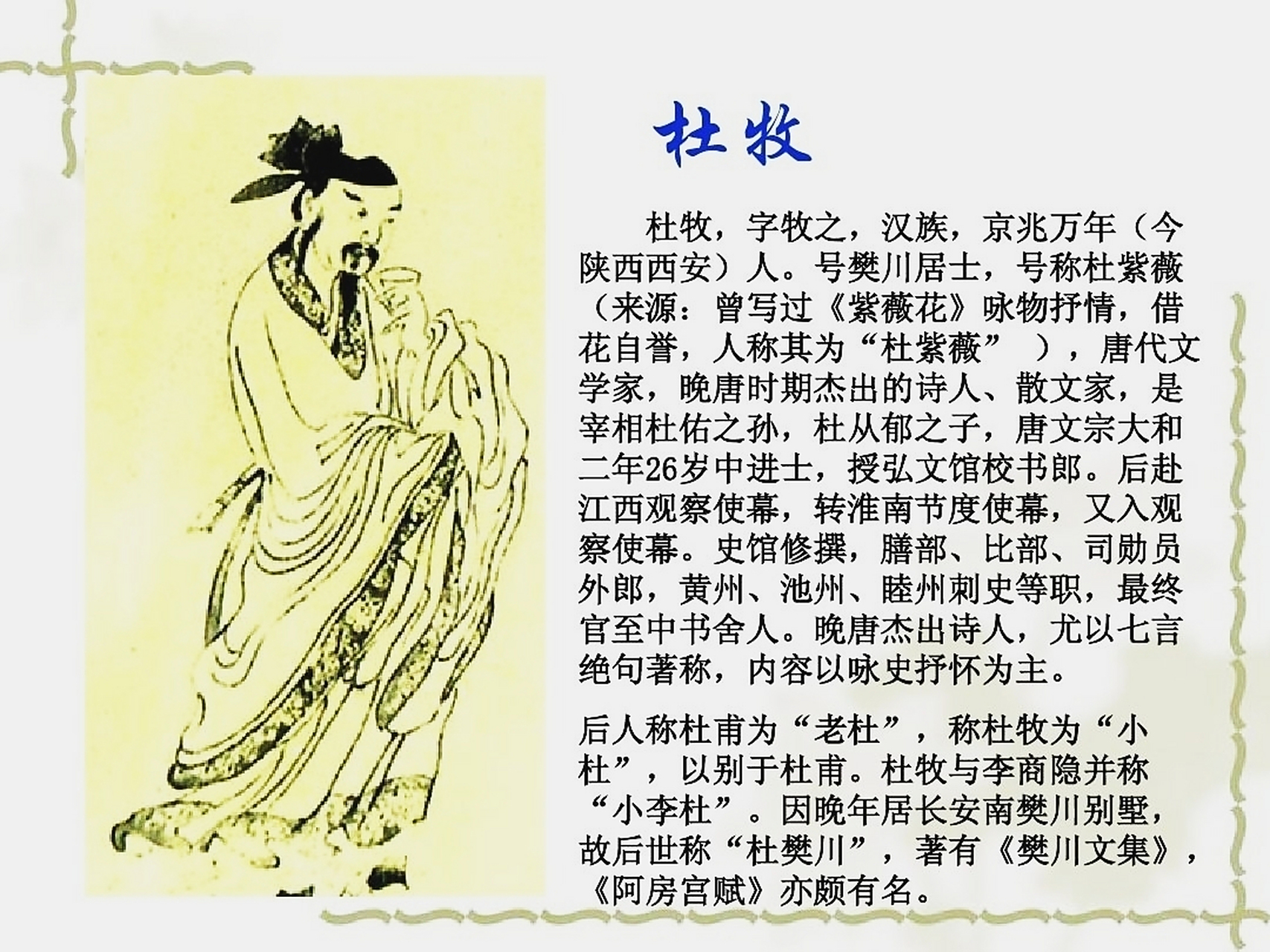Hello everyone, this is the history encyclopedia editor. Today, I will tell you the story of Yang Yan. Welcome to follow us.

When it comes to historical sages, one cannot help but mention Yang Yan, the economic genius of the Tang Dynasty. Yang Yan was appointed as the magistrate of Taige Pingzhang after the An Lushan Rebellion. At this time, people’s lives were in decline, but there were also many things waiting to be revitalized. As a pioneer of economic reformers, Yang Yan proposed two significant reform measures that had a positive impact on the economy and people’s livelihoods in the late Tang Dynasty.
One of its achievements is to eliminate old drawbacks and separate the state’s public taxes from the emperor’s private property.
According to the old system, all national taxes must be submitted to the Left Tibetan Treasury. When Di Wuqi was appointed to support the history, the senior generals in the capital kept asking him for rewards. Di Wuqi could not stop this situation, so he simply put all taxes into the palace’s Daying treasury and let Dezong the final say. From then on, the national taxes were uniformly included in the emperor’s small treasury, and it was the eunuchs under the emperor who managed this treasury.

When Yang Yan became the prime minister, he said to the emperor, “Taxation is the foundation of the country. The small eunuchs control the lifeblood of the country, whether it is large or small, whether it is profitable or not, and the civil and military officials have no way of knowing. I request the restoration of the old system and the transfer of tax revenue outside the palace to specialized institutions for management.” Emperor Dezong accepted his suggestion and issued an edict, “All wealth and taxes belong to the Left Treasury, using the old style. Every year, three to five hundred thousand yuan are added to the Great Prosperity, and the Du Zhi is first known for its full amount
Yang Yan’s move won numerous praises at that time. Moreover, this measure ensured the separation of state taxes from the emperor’s private property, which to some extent dealt a blow to the situation of eunuchs interfering in politics at that time, suppressed the interference of aristocratic forces in national finances, and had a positive impact on the financial management system of the late Tang Dynasty.
The second achievement is the abolition of the system of rent and rent, and the establishment of the two tax system.
The Tang Dynasty began to implement the system of rent based taxation, which was based on the principle of “land for rent, body for rent, household for rent”. According to history, the implementation of the “Rent Yong Modulation” relied on the accounting system. However, by the end of Emperor Xuanzong’s reign, society was in chaos, with frequent migration of people, land transactions, and changes in property, and accounting records were on the brink of collapse. When it comes to taxation, the government ignores the actual situation and only collects taxes from the township based on old accounts. After the reign of Emperor Zhide, the government exploited its privileges to oppress the people, and imposed numerous miscellaneous taxes and levies.
In this context, Yang Yan proposed two tax systems: “If the people of the world suffer without complaint, then the law of renting from the mediocre has been harmful for a long time. The two tax system states that “for every hundred servings of labor and one penny of tax, the amount is first calculated and taxed to the people, and the measurement is used to control the income. The household has no subject and object, and the residence is the book; the person has no family, and the wealth is the difference between the rich and the poor.” Yang Yan abandoned the Tang Dynasty’s original system of levying taxes based on the size of the population, and levied taxes based on the wealth of land, property, and other assets according to the wealth difference of each household.
The two tax systems advocated by Yang Yan can be said to have created a new millennium tax model and have significant significance. Firstly, taxation based on the amount of assets was a significant shift in China’s feudal tax system from head tax to asset tax. Unlike the head tax, which is different from the rent adjustment system, the two tax system collects asset income, that is, how much land you have and how much tax the government levies on you, which also to some extent alleviates the wealth gap in society. The two tax system conforms to the changing trend of land relations and class ownership relations, and has a profound historical impact. Until today, the Chinese land tax system still largely follows this system.
Secondly, it was the first in the history of Chinese taxation thought to explicitly propose the principle of “measuring output and controlling input”. The cost of a hundred servings, the tax of one penny, is first deducted and taxed to the people, and the amount is measured to control the income. The principle of measuring the amount and controlling the income is to determine the corresponding tax revenue based on the annual funding needs of the country, which is actually to deprive various places of their tax collection rights,
Concentrate the taxation power in the central government. The power of weight and severity naturally belongs to the court. “In addition to the tax amount determined by the central government,” daring to increase taxes,
On the theory of bending the law. This had a positive effect on reducing the burden on the people at that time and strengthening centralization.
Yang Yan was highly praised after these two economic reforms and assisted Emperor Dezong in achieving many political achievements. He once saved the country from decline and was known as the “virtuous minister” at that time. Later, due to Cui Youfu’s illness, he was unable to handle political affairs. Another prime minister, Qiao Lin, was also dismissed, and Yang Yan began to monopolize power, gaining instant popularity. But in the end, he was executed by the emperor and exiled, still unable to have a good ending. Is he destined to be a reformer in history, or is there another reason?
The direct cause of Yang Yan’s death was due to the framing of Lu Qi. Lu Qi is looked down upon by Yang Yan because of his ugly appearance and lack of substance. Lu Qi is also a petty person who always seeks revenge, so he holds a grudge and must find a way to cure Yang Yan. Finally, one day, an opportunity came. Yang Yan asked Henan Yin Zhao Huibo to help him sell his private house in Dongdu to build a family temple, but Zhao Huibo used the house as an official residence. This kind of practice of profiting from public favoritism could have been big or small, but Lu Qi tried every means to sentence him to a serious crime, and finally sentenced him to ‘the master of the prison committed theft, and the crime was punished.’
In addition, there are rumors that the family temple built by Yang Yan in Jiangnan has a royal aura, and Yang Yan himself must have ulterior motives. Upon hearing this, Emperor Dezong was naturally furious and demoted Yang Yan to the position of Sima of Yazhou. During his exile, Yang Yan probably had a premonition of a bleak future. He wrote a poem lamenting, “Once you go ten thousand miles, you know a thousand things but won’t return. Where is Yazhou? You’ve passed through the gates of hell.” As expected, a group of people rushed over to execute him at the young age of fifty-five.
But was Yang Yan’s death only due to Lu Qi? No, the ending of Yang Yan was already foreshadowed in the Liu Yan case. Although Yang Yan made great achievements in his career, he himself was narrow-minded and had limited power. Soon after, he began to focus on repaying kindness and seeking revenge. In historical records, it is directly said that he had a grudge and disregarded justice, resulting in defeat.
The most convincing example of this is the wrongful case that Yang Yan framed the famous financial planner Liu Yan. Due to the Yuan Zai case, Yang Yan was implicated and demoted, and the presiding judge of the Yuan Zai case was Liu Yan, resulting in their marriage. After Yang Yan ascended to power, he naturally refused to let Liu Yan go. He first slandered Liu Yan for conspiring with Li Gan and Liu Zhongyi, and allowed Emperor Dezong to strip Liu Yan of his financial power. Later, Emperor Dezong demoted Liu Yan to the position of Governor of Zhongzhou due to the fact that reporting was not a valid reason. Yang Yan was still unhappy and had someone falsely accuse Liu Yan of summoning soldiers to supplement the state and resisting the court’s orders. His words were reasonable and well founded, and Emperor Dezong believed them to be true. In the end, he secretly sent the Central Historian to kill Liu Yan.
But Liu Yan is a trusted and virtuous minister, who can believe such inexplicable reasons? Yang Yan was afraid that the world would blame him for Liu Yan’s death, so he did the most deadly thing in his life. He actually blamed all the blame for Liu Yan’s death on Emperor Dezong! Since ancient times, only emperors have deceived their subjects. For example, Li Zhi blamed Shangguan Yi for the divorce agreement, and Yang Yan’s shameless behavior quickly made Emperor Dezong kill him.
There is another thing that can also reflect Emperor Dezong’s attitude towards Yang Yan. Li Bi once said to Emperor Dezong, “Lu Qi framed Yang Yan because of some personal grievances, and Yang Yan died unjustly.” Emperor Dezong was quite frank: “Yang Yan treated me like a child, and every time he talked about things, he was okay with him. If he didn’t allow me, he would get angry and threaten me. He seemed to think that I didn’t have the ability to discuss with him. That’s why I couldn’t stand him, and it had nothing to do with Lu Qi’s framing.” Simply put, the emperor felt that his subjects had hardened their wings, their skin was thick, and he didn’t take his master seriously. He looked down on him and even used a knife to kill him.
Therefore, Yang Yan’s ending can be said to be death to some extent, one is to shift the blame to the emperor, and the other is to commit the following crimes. Although it reflects to some extent the contradiction between monarchy and relative power, as a subject in a specific era, respecting the authority of the monarch is Yang Yan’s obligation. Those who do not understand how to respect the rules of the game naturally have to play the game
over。 The death of Yang Yan was indeed a result of his personality, but apart from his personal moral sphere, he carried out economic reforms in politics with his extraordinary strategy, injecting a shot in the arm for the Tang Dynasty after the An Lushan Rebellion. Such a talent decline cannot be said to be a tragedy in history.




